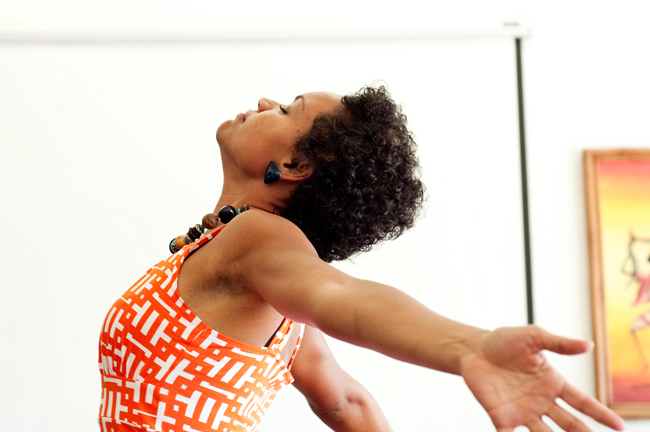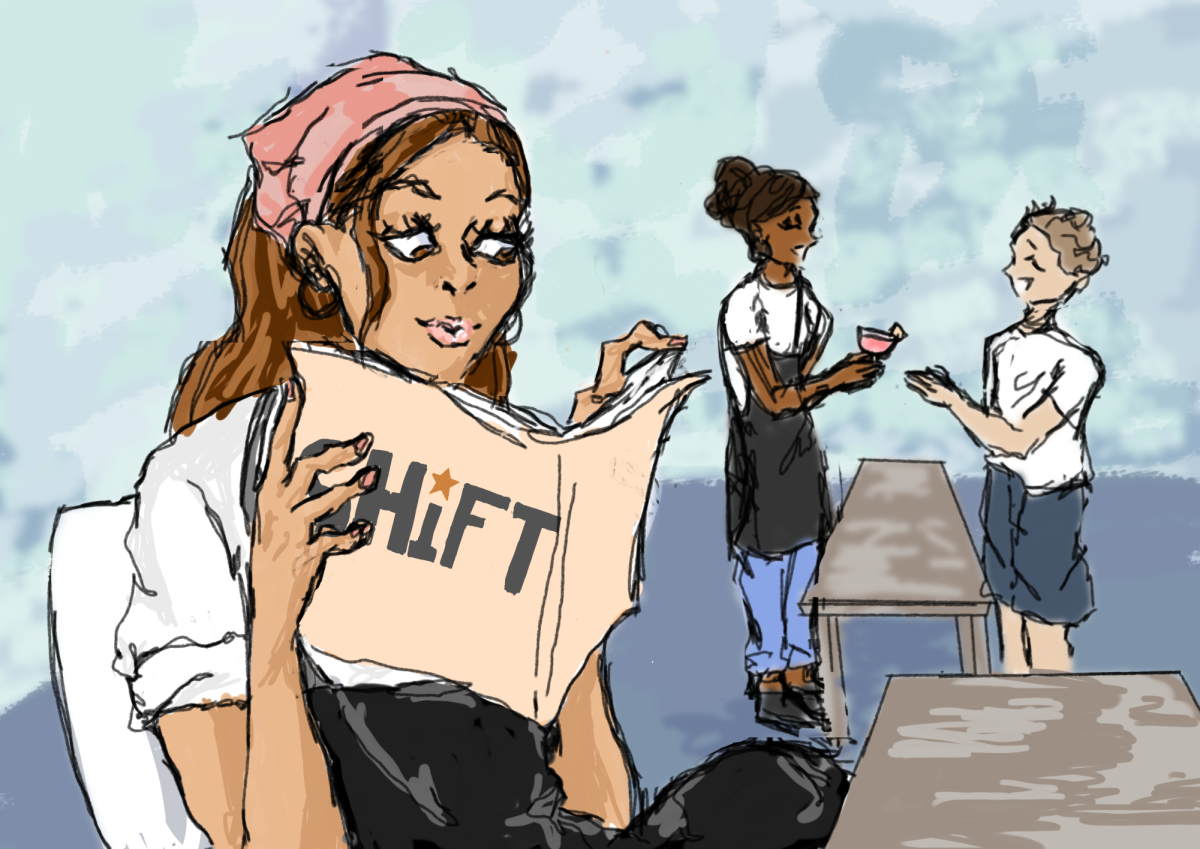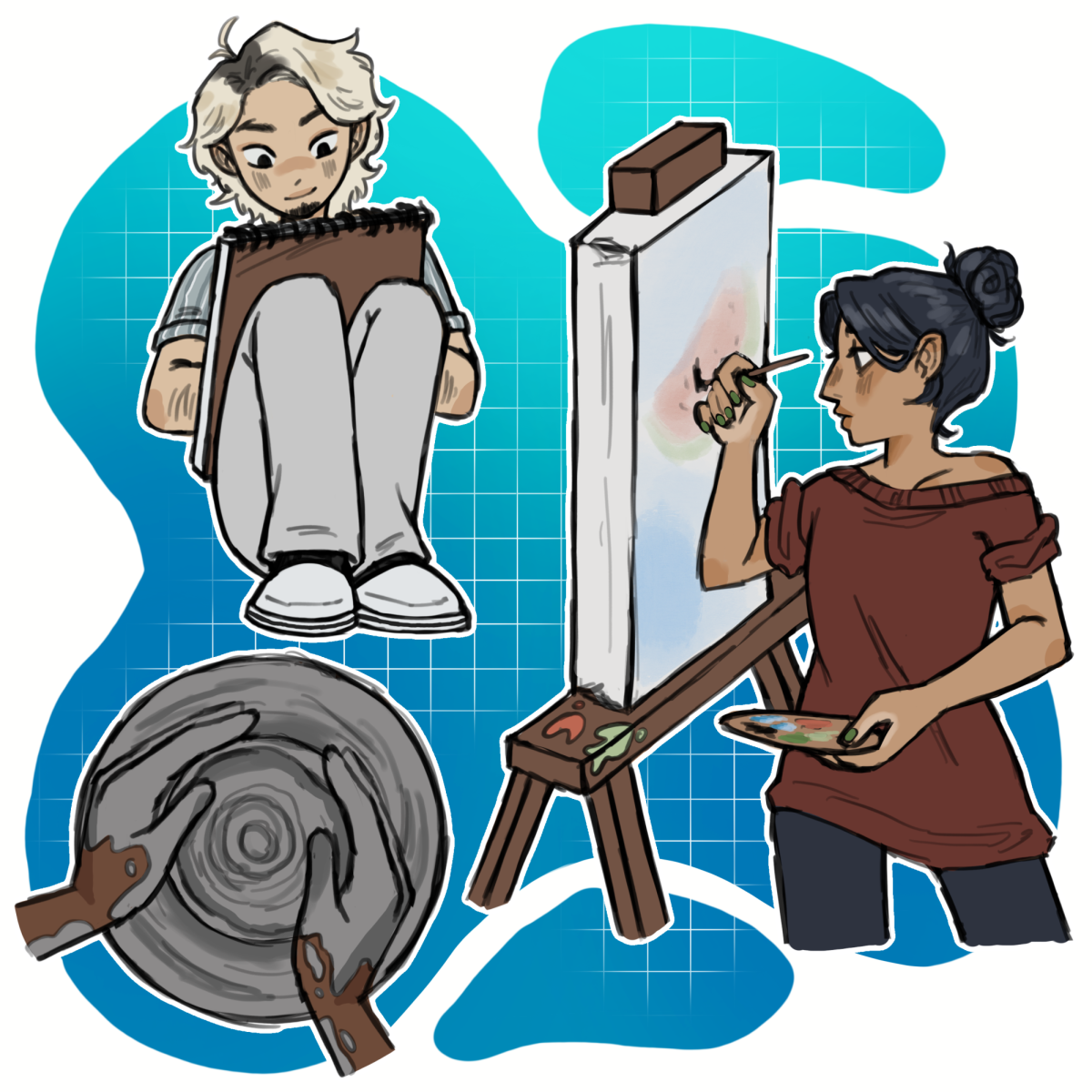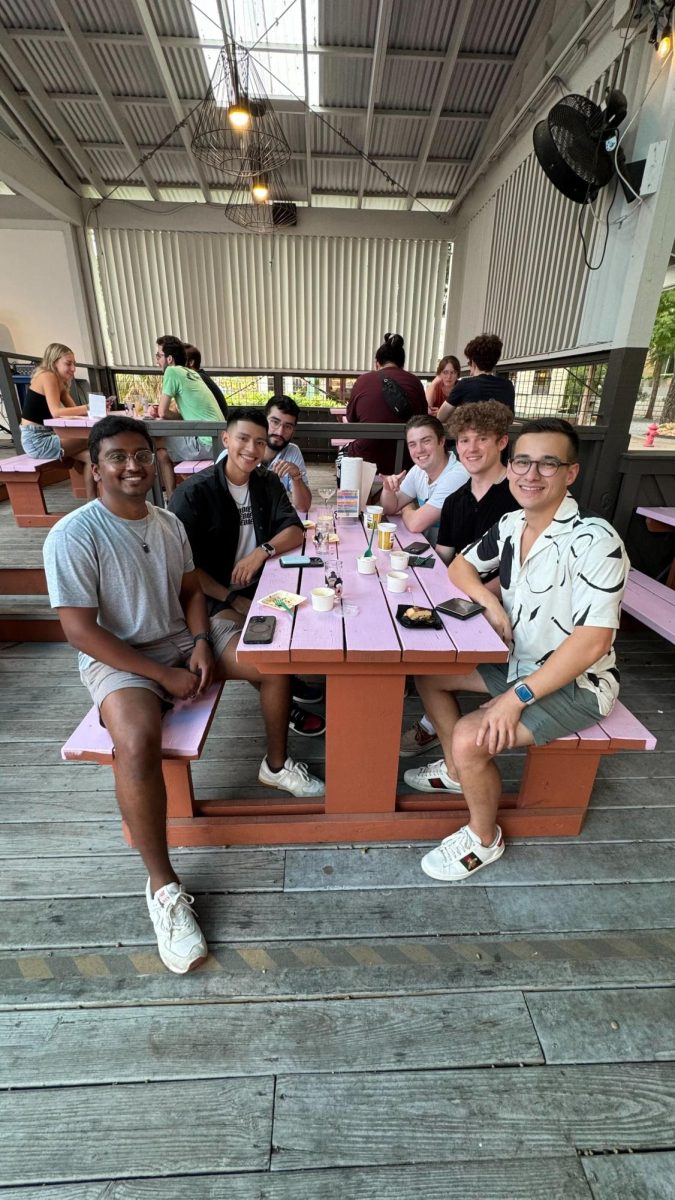Across from East End Barber Shop and next door to several abandoned buildings in East Austin, the Orun Center of the Cultural Arts looks to be little more than a run-down, graffitied shack. But this multicultural haven serves as a mediator between the distinct cultures of the changing East End community. Devoted to promoting diversity and the development of a cultural identity, the Orun Center hosts a variety of exotic activities, from reggae nights to capoeira rodas. Orun seeks to open the eyes of the community while honoring its roots in African and Latin American traditions.
“Growing up in the East End, I saw a lack of educational programs, cultural programs and the arts,” said Dorian Layssard, founder of the Orun Center. “I saw the necessity of having a space like the Orun Center that creates an environment where people can learn and develop individually and as a community.”
The center focuses on opening the eyes of the individual in a welcoming environment. As part of a dynamic and transforming community, the center must be willing to adapt and welcome all cultures.
“The Orun Center is definitely changing; it’s not a stagnant energy,” Layssard said. “It’s very fluid and open to change and fluctuation. But we keep love in spite of everything we do. All the programs bring love.”
One of the programs at the Orun Center is a meditation class that draws on the ancestral traditions of Afro-Caribbean societies and focuses on the mind-body relationship. Afrobeat Meditation allows community members to connect with their pasts while embracing elements of an ever-changing global world.
Naya Jones, UT geography doctoral student and founder of Rootwork Austin, leads Afrobeat Meditation classes. Rootwork Austin focuses on promoting community and individual spiritual development through movement, music and meditation. This varies from standard meditation in that it emphasizes the importance of the body in motion.
“Rather than leaving our identities (cultural, gender, etc.) and our bodies outside of the space, we bring our bodies into the room,” Jones said. “We get in touch with our bodies.”
Feeling the beat pulsating through her body allows Jones to move freely throughout the room. The music alternates between soulful jazz-influenced tunes and quick African-inspired beats.
“The music is African diaspora music. It’s a mix of quotes, Black and Latino artists, modern hip-hop, traditional music, chants and more,” Jones said.
The practice begins with the placing of a spiritual item on the altar in the center of the group circle. Slowly, each member of the group passes around burning white sage, whose smoke is said to purify the body. In today’s meditation, the purification of the soul is brought about through powerful repeated movement and polyrhythmic music.
Offering verbal guidance, Jones helps the group focus on the idea of cleansing. From fears to relationships, members of the group write down what they hope to cleanse. They then meditate on the release of these concerns.
Toi Scott, an avid participant in Afrobeat Meditation, uses the practice to achieve calmness in her life.
“Afrobeat Meditation moves your energy in a different way,” Scott said. “It keeps me grounded and gives me a different perspective. When I meditate I get a peace of mind, and I can tap into it daily. It’s a peacefulness.”
But Afrobeat Meditation does much more than relax participants; it allows students to better understand themselves. Self-recognition and realization are equally important. It seeks to enlighten as much as it seeks to liberate. It excites within them a connection to their past.
“This is a rich black community. I research here, but I also see something special about the history. There’s something symbolic about teaching here,” Jones said.
Jones’ connection with the community began with her graduate research in East Austin. Jones balances school and a career with her spiritual quest. Using Afrobeat classes at the Orun Center, she combines both her desire to help better educate the community and to learn from it.
“I feel that my place in the community has two parts,” Jones explained. “I am a meditation facilitator, and I’m here intentionally to connect with my community. But I’m also here as a researcher and for community activism.”
Like the Orun Center and Jones, the practice of Afrobeat Meditation is multifaceted: it bridges cultures, genres and eras. Tying the history of a community to the diversity of the globalizing world, Afrobeat Meditation offers participants from all backgrounds the opportunity to engage both their bodies and minds in the practice of meditation.
Printed on Wednesday, September 19, 2012 as: Meditation class promotes culture





















